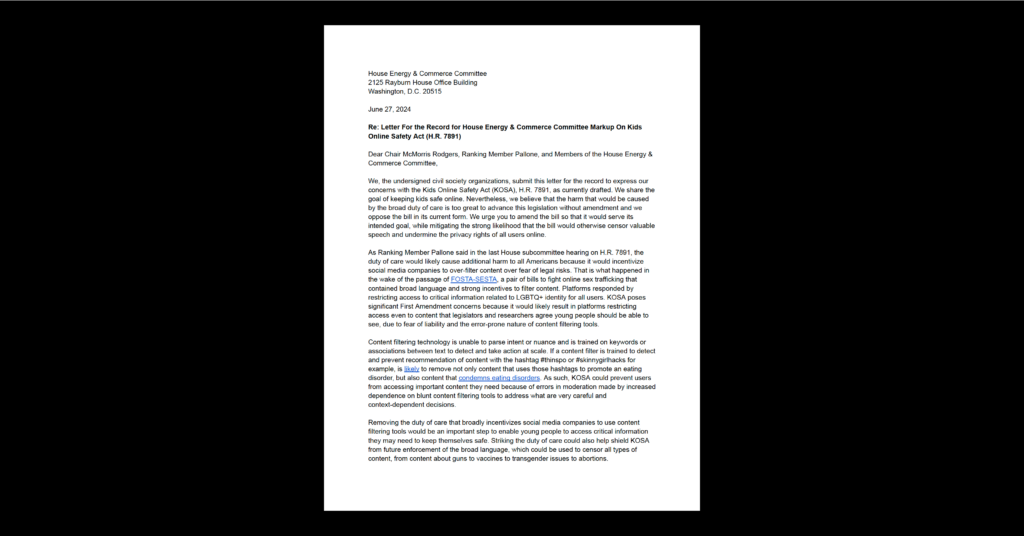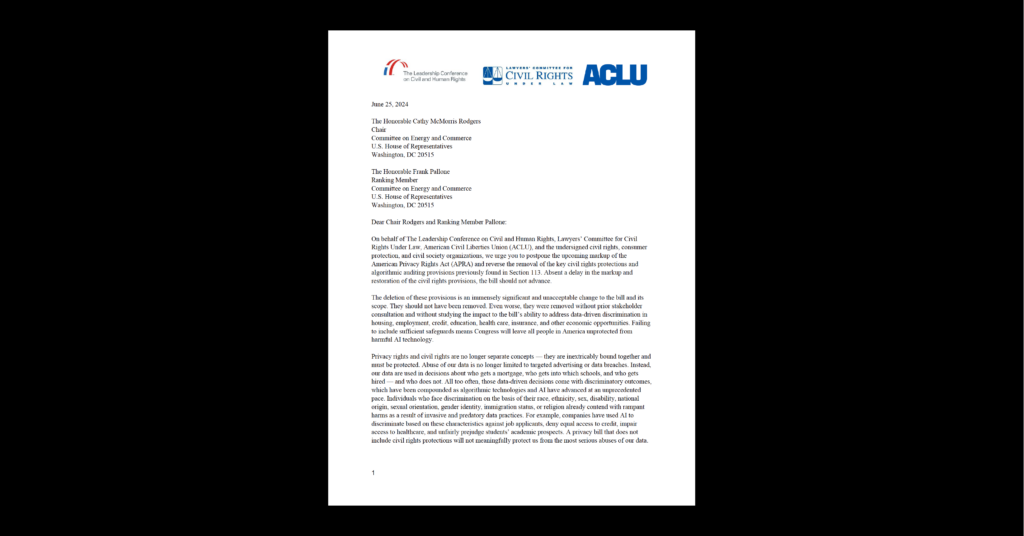CDT: Supreme Court Holds Steady on Workplace Privacy
The Supreme Court today, in the case of City of Ontario, California v. Quon, unanimously upheld a 1987 decision that recognized the workplace privacy rights of government employees.
Jim Dempsey, CDT's vice president for public policy, said: "This ended up as a workplace privacy case for government employees. The message to government employers is that the courts will continue to scrutinize employers' actions for reasonableness, so supervisors have to be careful. Unless a 'no privacy' policy is clear and consistently applied, an employer should assume that employees have a reasonable expectation of privacy and should proceed carefully, with a good reason and a narrow search, before examining employee emails, texts or Internet usage."
The case involved the use of text pagers issued to officers by the city police department. When one officer consistently went over the allotted limit on messages, his supervisors obtained stored text messages from the service provider and found that many were personal, not work-related. The officer claimed that the search violated the Fourth Amendment. The Supreme Court held that the police department's actions were reasonable, and thus did not violate the constitutional rights of the police officer.
However, what is significant about the Supreme Court's opinion is what did not happen. Faced with an opportunity to curtail workplace privacy (or electronic privacy generally), the Court noted, applying a 1987 precedent, that government employees generally retain their Fourth Amendment privacy rights, and it assumed that government employees may have a reasonable expectation of privacy even in communications they send during work hours on employer-issued devices.
The case could have had very far-reaching implications because of the way in which work-related and personal communications have become so interwoven, in both the government and the private sectors, as employers expect workers to be always available by cell phone, text and email. The Court recognized this trend, but declined to set any new rules.
The Supreme Court opinion is online here.
CDT and other privacy advocates filed an amicus brief, cited by the Court in its opinion, urging the Court to tread carefully and avoid casting any doubt on the privacy of new communications technologies.


